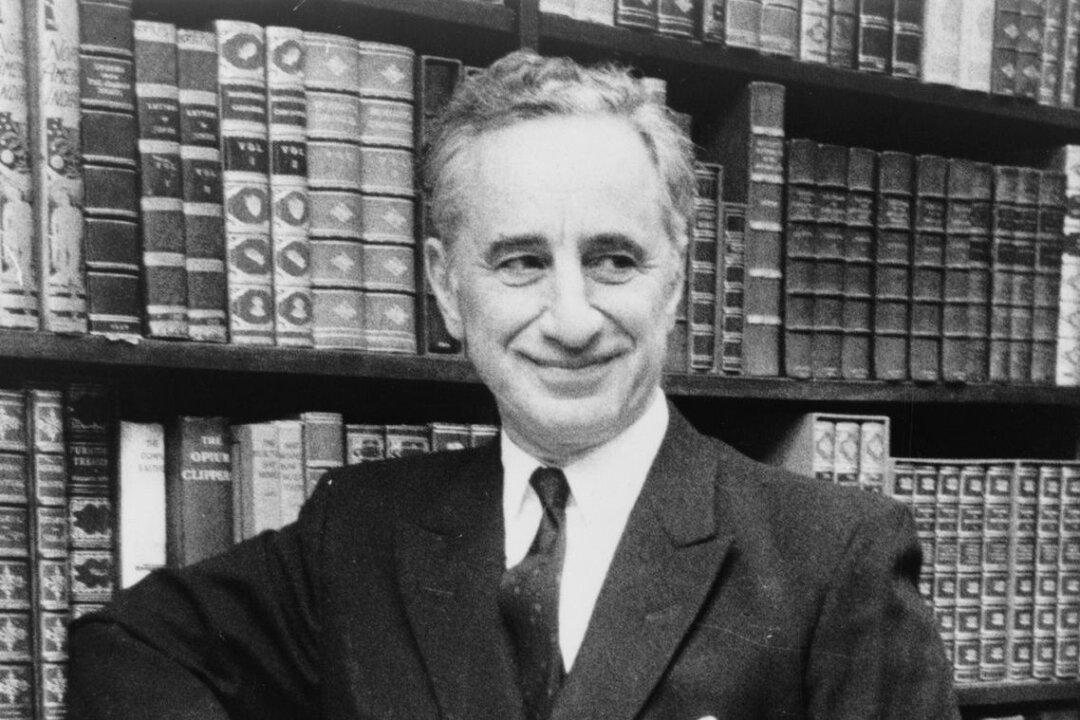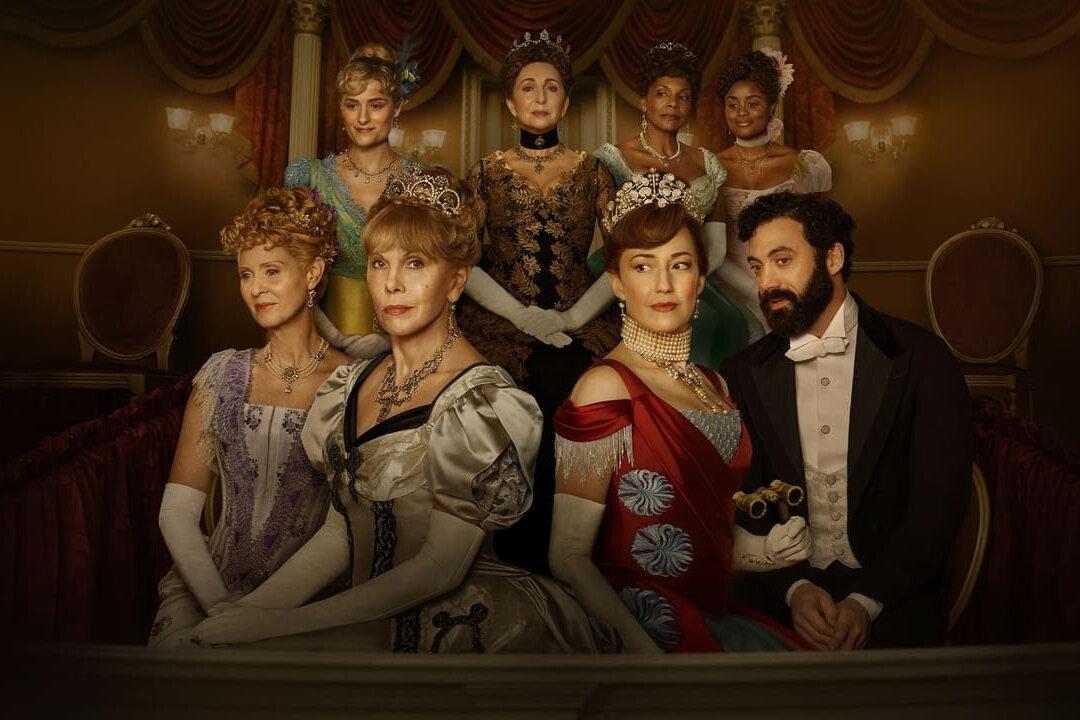At the 1999 Academy Awards, “Shakespeare in Love” won seven statuettes and Elia Kazan, one of Hollywood’s greatest and most influential directors, received one for Lifetime Achievement.
This wasn’t your typical Oscars. Before the ceremony, nervous producers and scantily-clad starlets had to run the gauntlet between two groups of shouting protesters. Five hundred had gathered to denounce Kazan, carrying signs that read, “Don’t whitewash the blacklist!” and “Kazan is a rat!” A smaller group supported the director. Fights broke out. Police had to disperse the crowd.
Communist Beginnings
The story begins way back in 1932, when Elia Kazan, a young Turkish immigrant who had studied drama at Yale, joined the Group Theatre in New York. The company was dedicated to producing what Britannica.com calls, “social protest plays with a point of view from the left,” using “method acting,” a technique based on the work of the Russian director, Konstantin Stanislavski.
The Group Theatre, not surprisingly, had a Communist cabal which included playwright Clifford Odets (“Golden Boy”) and Paula Strasberg, who later taught acting and, as Marilyn Monroe’s on-set guru, annoyed the star’s directors with her meddling.
Giddy with success, Kazan called himself “the first of the Communist intellectuals in the dramatic arts.” His individualism, however, soon put him at odds with the Party.

In his biography of Kazan, Richard Schickel writes: “The American Communist Party was the creature of the Soviet Union … whose line it slavishly followed.” It engaged in “subversion and espionage.”
It was a classic Marxist struggle session. Schickel explains: “[Kazan] was told that forgiveness was possible. He had but to confess the error of his ways and resolve to follow the party line in future. A vote was taken on his behavior and the only one voting for Kazan was, of course, Kazan.” Not one of his Group Theatre comrades came to his defense.
Artistic Heights
His ascent was rapid. By the 1940s he was the most sought-after director on Broadway, staging the era’s best plays: among them, Arthur Miller’s “Death of a Salesman” and Tennessee Williams’s “A Streetcar Named Desire.”Kazan’s next stop was Hollywood. From his first movie, the exquisite “A Tree Grows in Brooklyn,” his direction brought a new intensity and emotional depth to film acting. Performances like James Dean’s in “East of Eden” proved how effective “method acting” could be on the screen.

To Name or Not to Name
Kazan was riding high, but what happened next cast a dark cloud over his life and career that remains to this day. The House Un-American Activities Committee (HUAC), investigating Communist influence in Hollywood, called him to testify.HUAC summoned writers, actors, and directors to answer the question: “Are you now, or have you ever been, a member of the Communist Party?” Friendly witnesses who complied and named colleagues who had joined the Party got off scot-free. If they stayed silent, they faced studio blacklisting and possible jail time.
Studio head Darryl Zanuck pleaded with him. “Name the names.”
Kazan replied weakly, “These people were once friends.”
Zanuck pounded his desk. “Who are you saving?! Would you let someone go to jail for you?”
When HUAC subpoenaed him again, Kazan faced a hard choice. “I said I’d hated the Communists for many years and didn’t feel right about giving up my career to defend them.”
Kazan sought advice from friends and colleagues. Odets and Strasberg gave him permission to name them, so he did, along with six other Group Theatre colleagues who had failed to defend him at the struggle session.
After his testimony, Kazan continued to direct on Broadway and make extraordinary films. “On the Waterfront” (1954), one of the greatest American movies, tells the story of an informer (Marlon Brando) who risks his life to testify against a crooked union boss. Kazan’s critics called it an attempt to justify his wrongdoing, but the film was an instant classic, winning eight Academy Awards.

An Uneven Legacy
Hollywood’s hatred of Kazan lingered long after others who had named names were forgiven or forgotten. It flared up again at the 1999 Oscars.“I’ll be watching,” said an elderly writer who had been blacklisted. “I hope somebody shoots him.” The New York Times ran an op-ed: “Streetcar Named Betrayal.” Orson Welles thundered, “Elia Kazan is a traitor!”
Historian Arthur Schlesinger Jr. fired back: “If the Academy’s occasion calls for apologies, let Mr. Kazan’s denouncers apologize for the aid and comfort they gave to Stalinism.”

According to sociologist Alan Wolfe, “The U.S. Communist Party put Soviet interests ahead of everything else. … Who are they, or their like-minded sympathizers today, to insist Kazan was vile, whereas their intentions were only pure?”
We are left with the movies. “On the Waterfront,” “A Streetcar Named Desire,” “East of Eden,” “A Tree Grows in Brooklyn,” and “America America” are a testament to the genius of an immigrant who rejected Communism and became a true American patriot.







